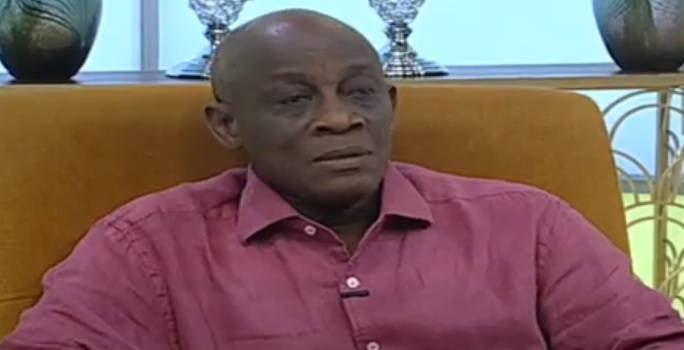Ghana risks repeating its economic crises if bold structural reforms are not implemented and sustained, Presidential Advisor on the Economy, Seth Terkper, has cautioned.
Speaking in an interview on TV3 on Friday, June 27, 2025, the former Finance Minister outlined key policy missteps across successive governments and called for continuity, fiscal discipline, and investment in economic resilience measures to prevent future defaults.
“We are still a vulnerable economy,” Terkper said. “We were a low-income country, now a lower-middle-income country. We can’t afford to repeat the mistakes that led us here.”
Terkper said recurring labour unrest, unresolved arrears, and unmet conditions of service are by-products of poor intergovernmental transition management.
He blamed past governments for failing to settle inherited commitments or negotiate in a timely manner with labour unions, warning that such neglect could derail expenditure targets.
“Problems are created by one dispensation for the next. That is not sustainable,” he remarked.
He also reminded policymakers of the existing law that mandates labour negotiations to conclude between April and June to allow proper budget planning — a policy often disregarded.
From default to discipline
Addressing Ghana’s debt crisis, Terkper drew comparisons between the recent default and the HIPC programme, stressing that unlike HIPC, the recent default caused direct harm to Ghanaians through “haircuts” on domestic bonds.
“With HIPC, Ghanaians benefited from inflows. This time, they lost money,” he said.
He praised the government’s move to restore order through measures like the Treasury Single Account and the reactivation of structural fiscal policies. However, he urged consistency in implementation.
Terkper also mentioned reforms such as the reconstitution of the Gold Board and improved oversight in the extractives sector as steps towards economic restructuring. He emphasised the importance of “counter-cyclical” policies — economic shock absorbers — such as the Contingency Fund and Stabilisation Fund, to prepare for disasters like the pending Bagre Dam spillage.
“You don’t wait for shocks; you plan for them,” he said. “We had the tools — why did we stop using them?”
24-hour economy and infrastructure investment
On the much-discussed 24-hour economy policy, Terkper said the idea was thoughtful and already manifesting in areas like street lighting, crime reduction, and ongoing road works in places such as Shama and Nsawam-Kpong.
He also lauded ongoing structural projects led by his “senior friend, Mr Tano” and affirmed that the President is monitoring progress closely.
Terkper pushed for state-owned enterprises to operate as true businesses; not drains on the national budget. He urged a return to the “smart borrowing” model introduced during his tenure, where SOEs borrowed on their balance sheets rather than through government guarantees.
“Government should expect dividends, not losses, from its enterprises,” he said.
While commending the current administration for progress in areas like forex stability and budget rationalisation, Terkper cautioned that Ghana’s development hinges on one critical factor: sustaining reforms.
“Let’s not focus only on failures. Some policies worked. The key question is: why did we stop?”
